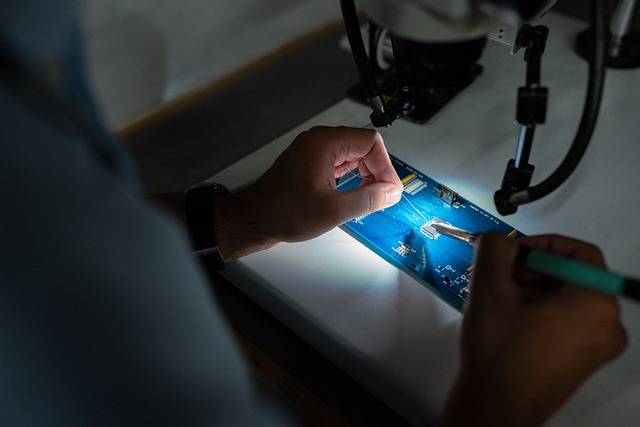The Role of AI in Predicting Coral Reef Resilience
As coral reefs face increasing threats from climate change and human activities, there is a growing interest in leveraging artificial intelligence (AI) to enhance their resilience. AI technologies can analyze vast amounts of data and help scientists better understand the dynamics of coral reef ecosystems. By predicting coral bleaching events and identifying stressors, AI can assist in proactive conservation efforts to protect these vital marine ecosystems.
Furthermore, AI can facilitate real-time monitoring of coral reefs, providing valuable insights into their health and enabling rapid response to environmental changes. With the ability to process data at a speed and scale beyond human capacity, AI has the potential to revolutionize conservation strategies and contribute significantly to the preservation of coral reef biodiversity.
Understanding Coral Reef Ecosystems
Coral reef ecosystems are vibrant underwater communities teeming with an incredible diversity of marine life. These ecosystems are built upon the calcium carbonate structures secreted by corals, which provide a foundation and shelter for countless organisms such as fish, mollusks, and crustaceans. The symbiotic relationships between the different species within the coral reef ecosystem have evolved over millions of years, creating a delicate balance that supports the overall health and resilience of these ecosystems.
Coral reefs are not only crucial habitats for marine species but also provide valuable services to humans. They act as natural barriers, protecting coastlines from the destructive force of waves and storms. Additionally, coral reefs support local economies through activities like tourism and fishing, providing livelihoods for many communities around the world. Understanding the intricate networks of interactions within coral reef ecosystems is essential for their conservation and sustainable management in the face of increasing threats and environmental challenges.
Coral reef ecosystems are vibrant underwater communities teeming with marine life
Built upon calcium carbonate structures secreted by corals
Provide foundation and shelter for numerous organisms such as fish, mollusks, and crustaceans
Symbiotic relationships between species have evolved over millions of years
Delicate balance supports overall health and resilience of coral reef ecosystems
Crucial habitats for marine species
Act as natural barriers, protecting coastlines from waves and storms
Support local economies through tourism and fishing activities
Understanding interactions within coral reef ecosystems is essential for conservation
Sustainable management crucial in face of increasing threats and environmental challenges
Challenges Facing Coral Reefs
Climate change poses a significant threat to coral reefs, causing rising temperatures and ocean acidification. These stressors lead to coral bleaching, a process where corals expel the algae living in their tissues, turning them white and leaving them vulnerable to disease and death. Additionally, increasing levels of carbon dioxide in the atmosphere contribute to ocean acidification, which inhibits coral growth and makes it more challenging for corals to build their calcium carbonate skeletons.
Human activities, such as overfishing and destructive fishing practices, also negatively impact coral reefs. Overfishing disrupts the delicate balance of coral reef ecosystems by reducing the populations of key species that help maintain reef health. Destructive fishing practices, like the use of explosives or cyanide, directly damage coral structures and the diversity of marine life that depends on them. As a result, the degradation of coral reefs due to human actions has far-reaching consequences for both the marine environment and the communities that rely on these ecosystems for food and livelihoods.
How does AI help improve coral reef resilience?
AI can analyze vast amounts of data to help researchers identify patterns and trends in coral reef health, allowing for more effective conservation strategies.
What are some of the key challenges facing coral reefs today?
Some of the main challenges facing coral reefs include climate change, ocean acidification, overfishing, pollution, and coastal development.
Why is it important to understand coral reef ecosystems?
Understanding coral reef ecosystems is crucial for their conservation as they support a diverse range of marine life and provide important ecosystem services for humans.
What can individuals do to help protect coral reefs?
Individuals can help protect coral reefs by reducing their carbon footprint, choosing sustainable seafood options, avoiding products with harmful chemicals, and supporting organizations working to conserve coral reefs.






